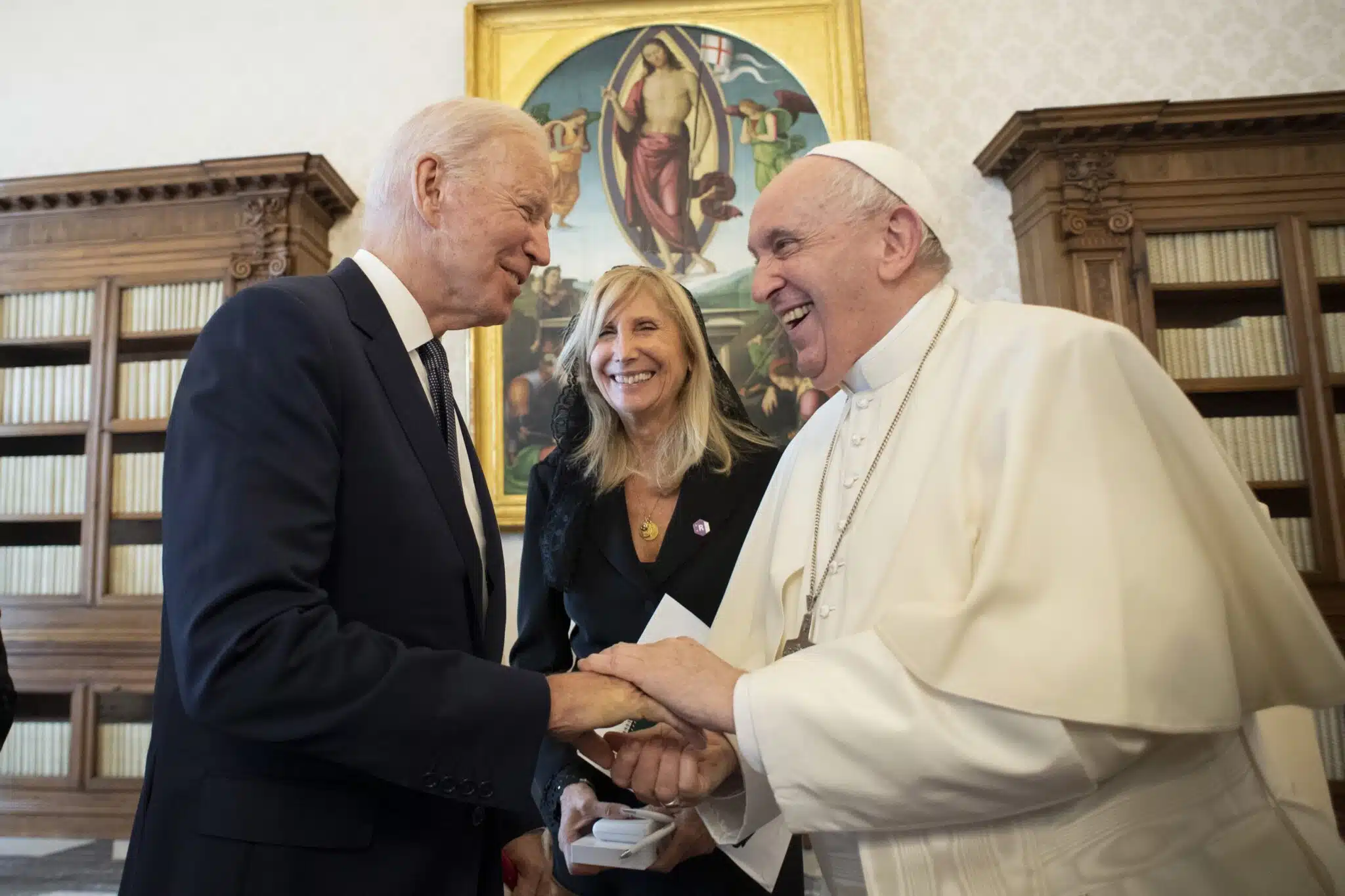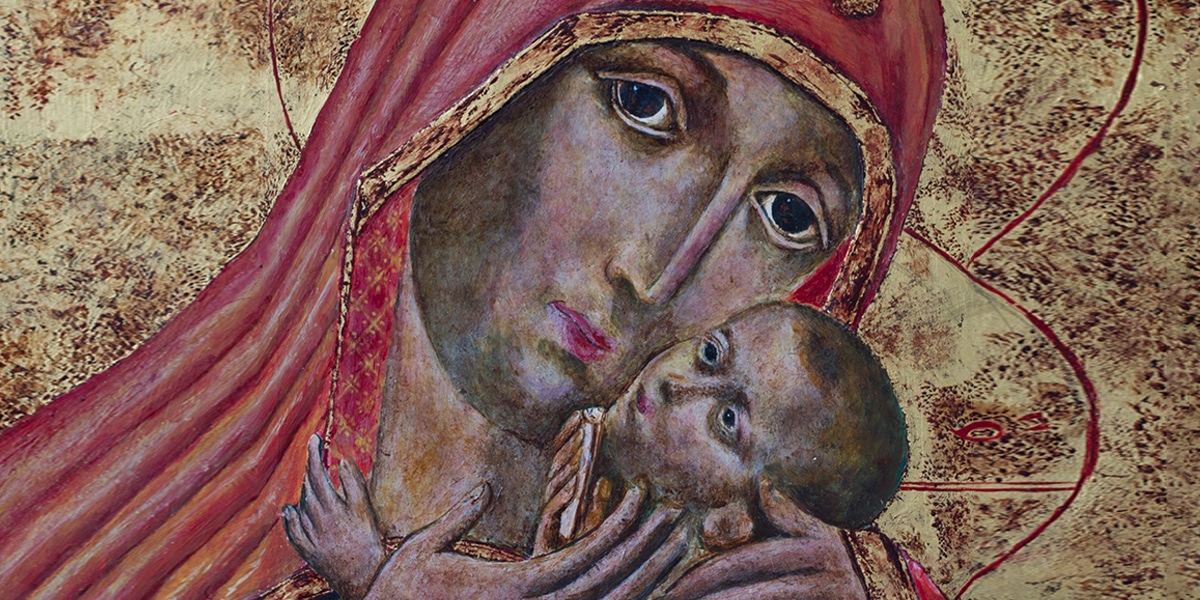He proclaimed, “The one who is more powerful than I is coming after me; I am not worthy to stoop down and untie the thong of his sandals. I have baptized you with water; but he will baptize you with the Holy Spirit.” —Mark 1:7–8
John the Baptist’s qualities are most rare and yet crucial for any reform or authentic transformation of persons or groups. That is why we focus on John the Baptist every Advent and why Jesus trusts him and accepts his non-temple, offbeat nature ritual, while also going far beyond him. Water is only the container; fire and Spirit are the contents, John says. Yet if we are not like the great John, we will invariably substitute our own little container for the real contents. We will substitute rituals for reality instead of letting the rituals point us beyond themselves.
John the Baptizer is the strangest combination of conviction and humility, morality and mysticism, radical prophecy and living in the present. This son of the priestly temple class does his own thing down by the riverside; he is a man born into privilege who dresses like a hippie; he is a superstar who is willing to let go of everything, creating his own water baptism and then saying that what really matters is the baptism of “Spirit and fire”! He is a living paradox, as even Jesus says of him: “There is no man greater than John…but he is also the least” in the new reality that I am bringing about (Matthew 11:11). John both gets it and does not get it at all, which is why he has to exit stage right early in the drama. He has played his single and important part, and he knows it. His is brilliantly a spirituality of descent, not ascent. “He must grow bigger, I must grow smaller” (John 3:30).
The only way such freedom can happen is if John learned to be very empty of himself already as a young man, before he even built his tower of success. His ego was out of the way so much so that he could let go of his own ego, his own message and even his own life. This is surely the real meaning of his head on a platter! Some have cleverly said that ego is an acronym for “Edging God Out.” There’s got to be such emptiness, or we cannot point beyond ourselves to Jesus, as John did. Such emptiness doesn’t just fall into our laps; such humility does not just happen. It is surely the end product of a thousand letting-goes and a thousand acts of devotion, which for John the Baptist gradually edged God in.
Reflect
How is your spirituality one of ascent or descent?








